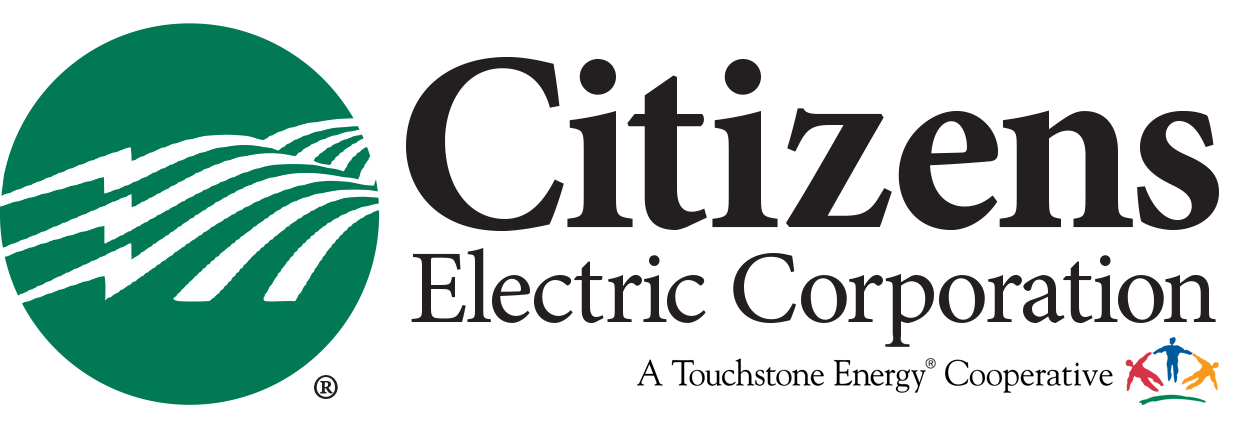Tips To Avoid High Summer Bills
Use Air Conditioning Wisely
- Set your thermostat as high as comfortably possible. The less difference between the indoor and outdoor temperatures, the lower your overall cooling bill will be.
- Use a programmable thermostat with your air conditioner to adjust the setting at night or when no one is home.
- Use a fan with your window air conditioner to spread cool air effectively through your home without greatly increasing power use.
- Don’t set your thermostat at a colder setting than normal when you first turn on your air conditioner. It won’t cool your home any faster, and could result in excessive cooling and unnecessary expense.
- Don’t place lamps or TVs near your air conditioner’s thermostat. The heat from these appliances will cause the air conditioner to run longer.
Shade Your Windows
Sunny windows make air conditioners work two to three times harder.
- Close curtains on south- and west-facing windows during the day.
- Install white window shades, drapes, or blinds to reflect heat away from the house.
- Apply sun control or other reflective films on south-facing windows.
Weatherize
Air leaks waste energy dollars year-round.
- Caulking and weather-stripping will keep cool air in during the summer.
- Add insulation around air conditioning ducts when they are located in unconditioned spaces, such as attics, crawl spaces and garages.
- If you see holes or separated joints in your air ducts, hire a professional to repair them.
- Check to see that your fireplace damper is tightly closed.
For Long-term Savings
- If your air conditioner is old, consider new energy-efficient models, which can save you up to 50% on your cooling bills. Look for the ENERGY STAR®.
- Adding insulation and sealing air leaks help your energy performance in the summertime by keeping cool air inside.
Everyday Tips to Save Energy
These no-cost or low-cost tips are easy ways to save energy and money year-round.
- Replace incandescent bulbs with LED lights.
- Air-dry dishes instead of using your dishwasher’s drying cycle.
- Use a microwave oven instead of a conventional electric range or oven.
- Turn off your computer and monitor when not in use.
- Plug home electronics, such as TVs and DVRs, into power strips and turn power strips off when equipment is not in use.
- Lower the thermostat on your hot water heater; 115° is comfortable for most uses.
- Wash only full loads of dishes and clothes.
